Speech and debate, along with JCWA (Junior Council of World Affairs), offer valuable educational experiences, improving students’ skills in public speaking, research and strategic thinking. But in order to participate, students and their families pay more than $200 for each out-of-town trip.
JCWA participates in three Model United Nations conferences each year: at the University of Virginia, Northwestern University and Georgetown University. Participants have the option of going on one or all three trips.
According to social studies teacher and co-adviser Melissa Buddenhagen, the conferences cost students between $200 and $400. The NAMUN conference, (North American Model United Nations) held at Georgetown University on Feb. 14-17, costs students $360 to attend.
“It’s the largest [conference], has the largest entrance fee and the hotel is the most expensive because it’s in DC on President’s Day weekend,” said Buddenhagen
English teacher and JCWA co-adviser Evan Luzar explained what students can gain from participating in JCWA conferences:
“They work on public speaking, learn about foreign policy, [make] formal resolutions as in the real United Nations (UN), study big issues in our world and try to solve real problems.”
In a November, ‘12 Beachcomber interview, speech and debate coach Nicole Majercak, explained some of the skills students gain from speech and debate tournaments:
“[Students gain] the ability to research, the ability to understand credibility, the ability to read and think critically, the ability to speak effectively and get your point across to others and understand your audience,” said Majercak. “[Students also gain] the ability to think quickly, to come up with answers and problem solve.”
For many students, participating in these clubs can be a valuable experience. Both clubs have out-of-town trips. Debate also has local weekend tournaments. The expenses can add up.
“The cost can be expensive… [but] in the end for me it’s worth it,” said sophomore JCWA member Caroline Stern.
Alison Arkin, junior Scott Arkin’s mother, feels that the prices for JCWA are reasonable.
For members who can’t afford these fees, there is a solution. For JCWA, there are different options for students who can’t pay. If the student qualifies, he or she can earn a scholarship from the conference. The school can also help cover students who can’t afford the fees.
For debate, the cost all depends on how many tournaments members want to attend and how far they are willing to go.
“It’s about $200 every [out of town] trip,” said Majercak. “It really depends upon how far they go.”
For the weekend tournaments, the fees are only a few dollars.
“Our team is actually trying to come up with a plan for fundraising…to put the money towards our travel tournament fees,” said Majercak
By putting the money in this fund, students would not have to pay as much for each tournament.
Many students feel the experience is worth the cost.
“When you go on a trip, not only do you get more debating [experience], but you also get to bond with your team members and to practice on the bus. It’s just a fun experience overall. I reccomend it,” said sophomore debater Brenna Rosen.
Her mother, Debbie Rosen agrees. She feels that the prices for debate are fair and that the experience is worth the expense. “I think it’s a great overall experience for the kids,” she said.
According to BHS Principal Ed Klein, the school has been able to help out in certain cases where students needed assistance. Each situation is discussed with Klein and is taken on a “case by case” basis.
While fees for these activities may be expensive, students do not pay the full cost of participation. The school pays for transportation, hotels for the advisers, school registration fees, as well as some materials needed for competition.
While speech and debate and JCWA tend to be costly, other academic extracurriculars do not cost students as much money to participate. These clubs do not to travel long distances, and therefore do not have high costs unless students reach a certain level of competition.
Math teacher and Academic Challenge adviser John Kaminski explained that there is no cost unless the team reaches nationals.
Clubs like science olympiad, academic challenge and the Beachcomber attend day trips on which students pay only for lunch. In certain clubs, t-shirts are available for purchase, but may not be required. The school district covers other costs, such as registration fees and transportation.
Another way clubs gain money is from sponsors. The BHS robotics team, known as team 695, approaches corporate sponsors to pay for additional costs.
“We actually have several sponsors who help us pay those extra costs, so again there is no actual cost to the individual students,” explained robotics adviser Bob Davis.
The school pays for part of the registration fee while the sponsors pay the rest.
The robotics team is selling 60-watt LED light bulbs for $20 for the whole year to help raise money for their team.
BHS teachers and administrators are working to expose students to new opportunities to build new skills to help them down the road.
“You’re just exposed to another environment that you aren’t really exposed to inside of the high school,” said sophomore robotics team member Anita Lekova.



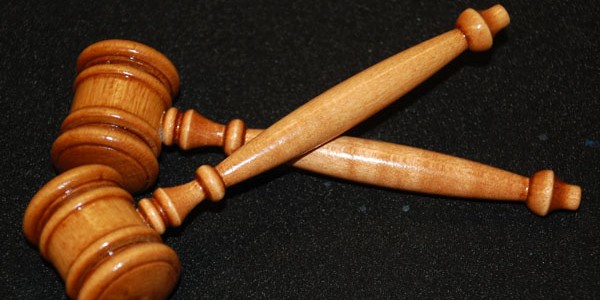
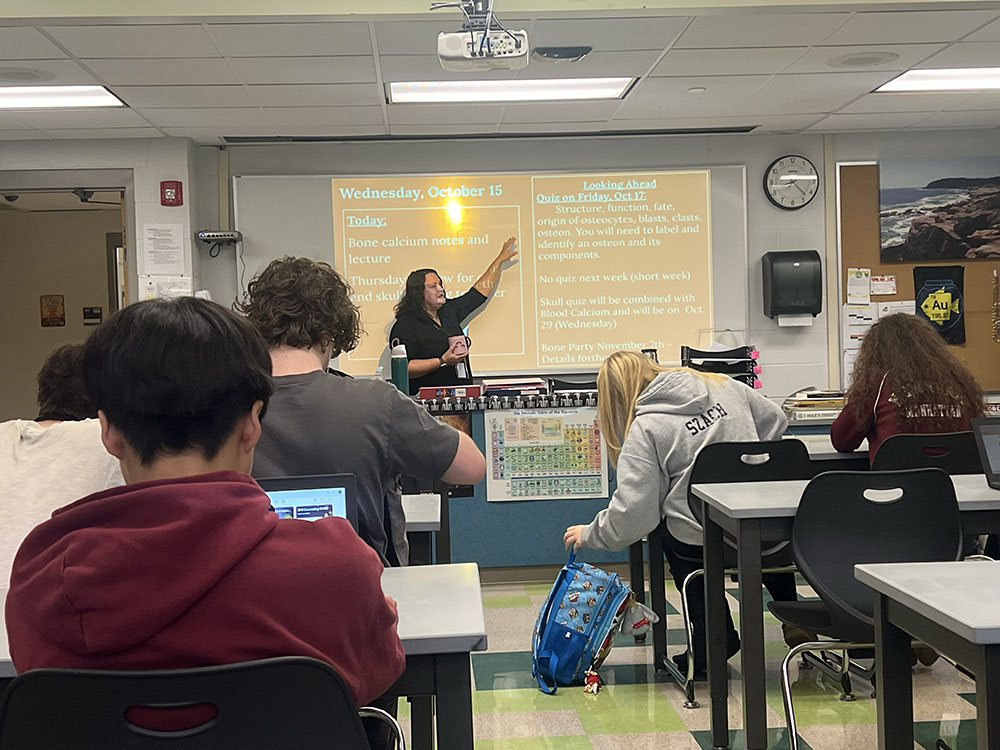
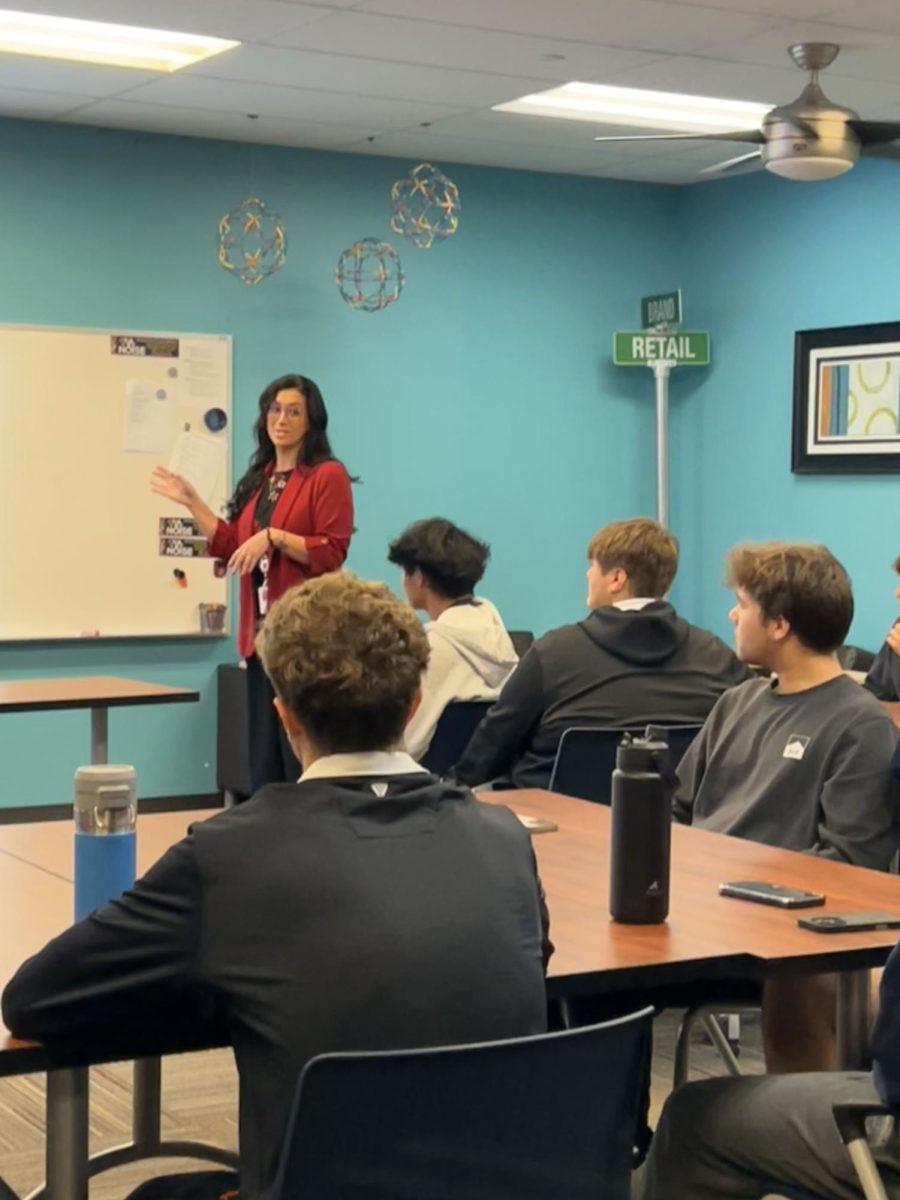

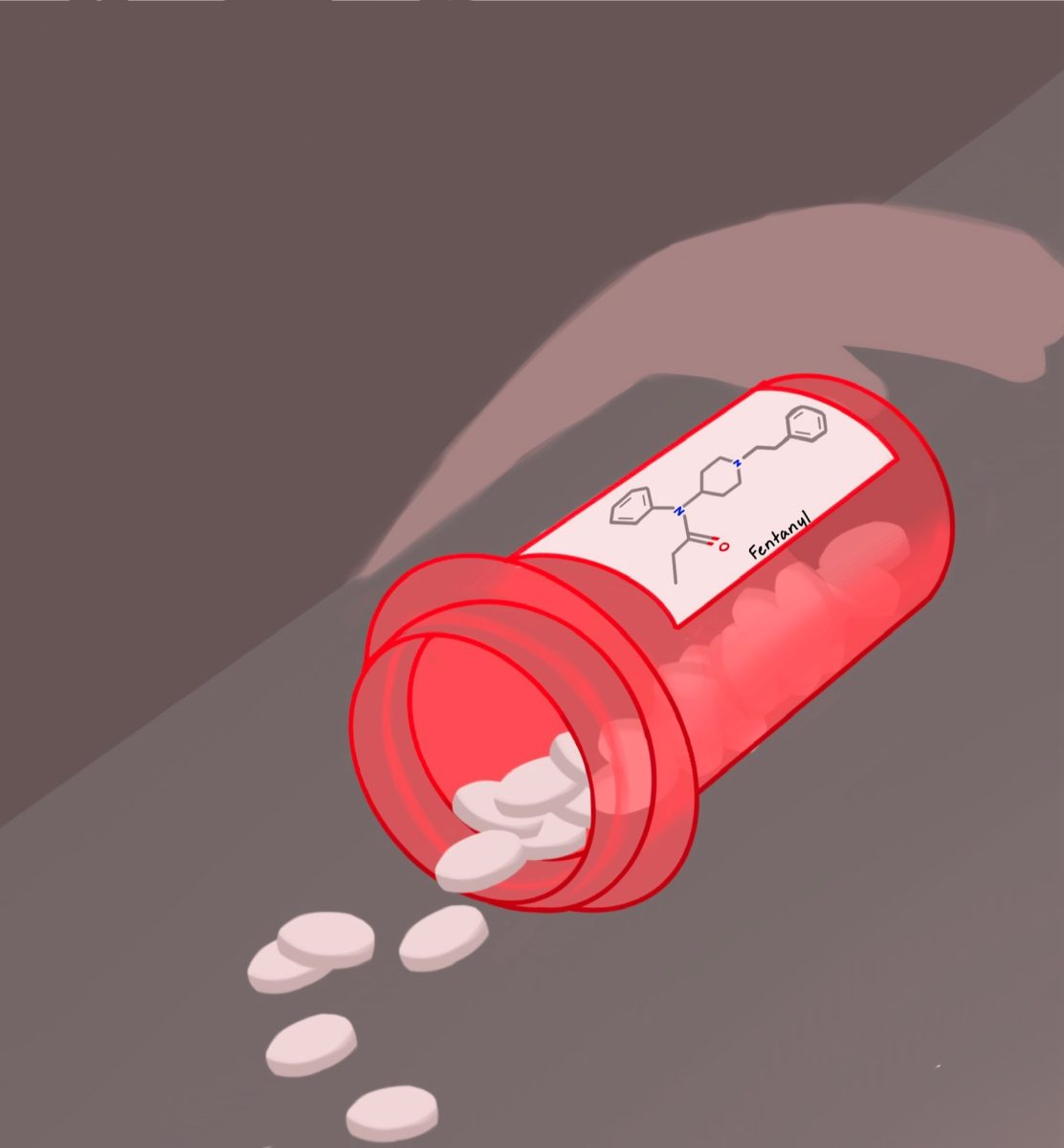
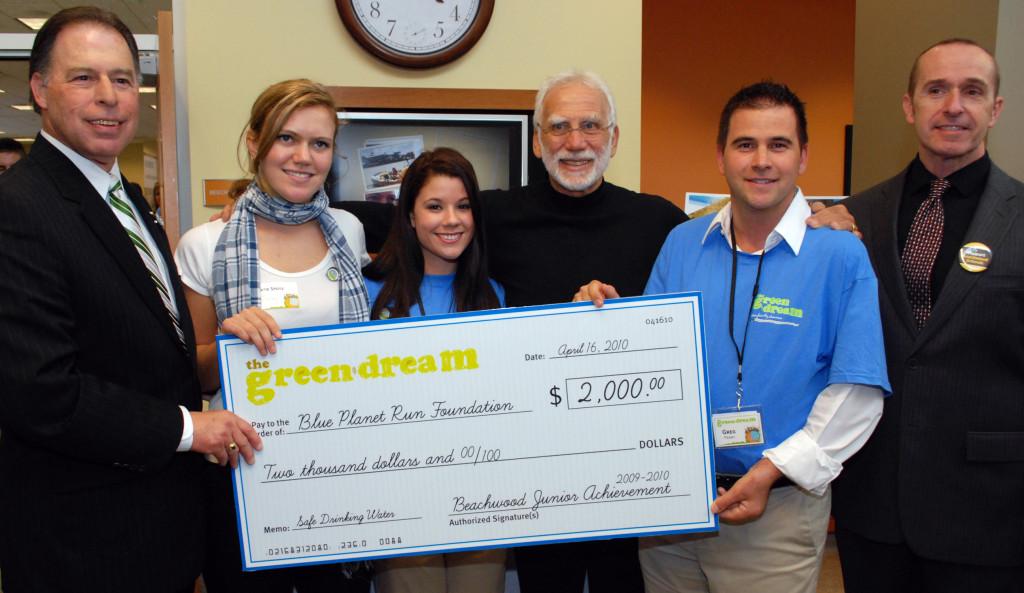
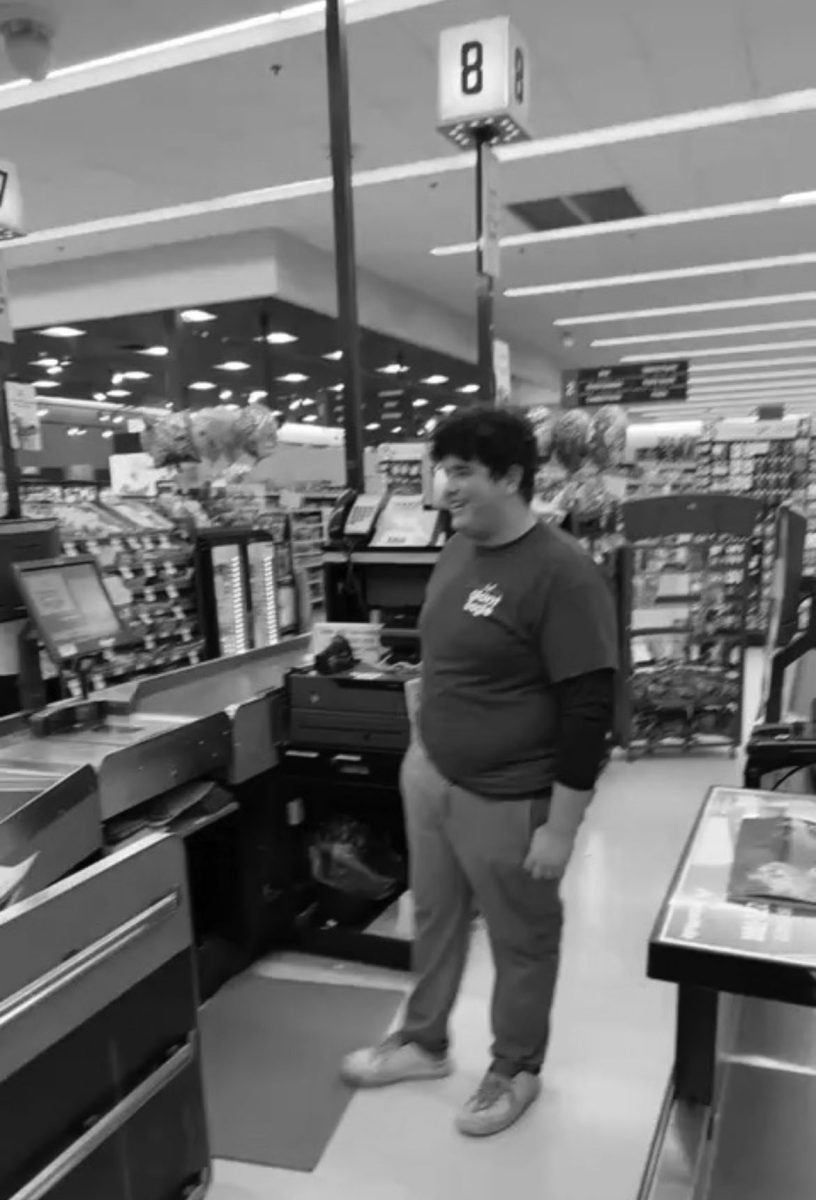

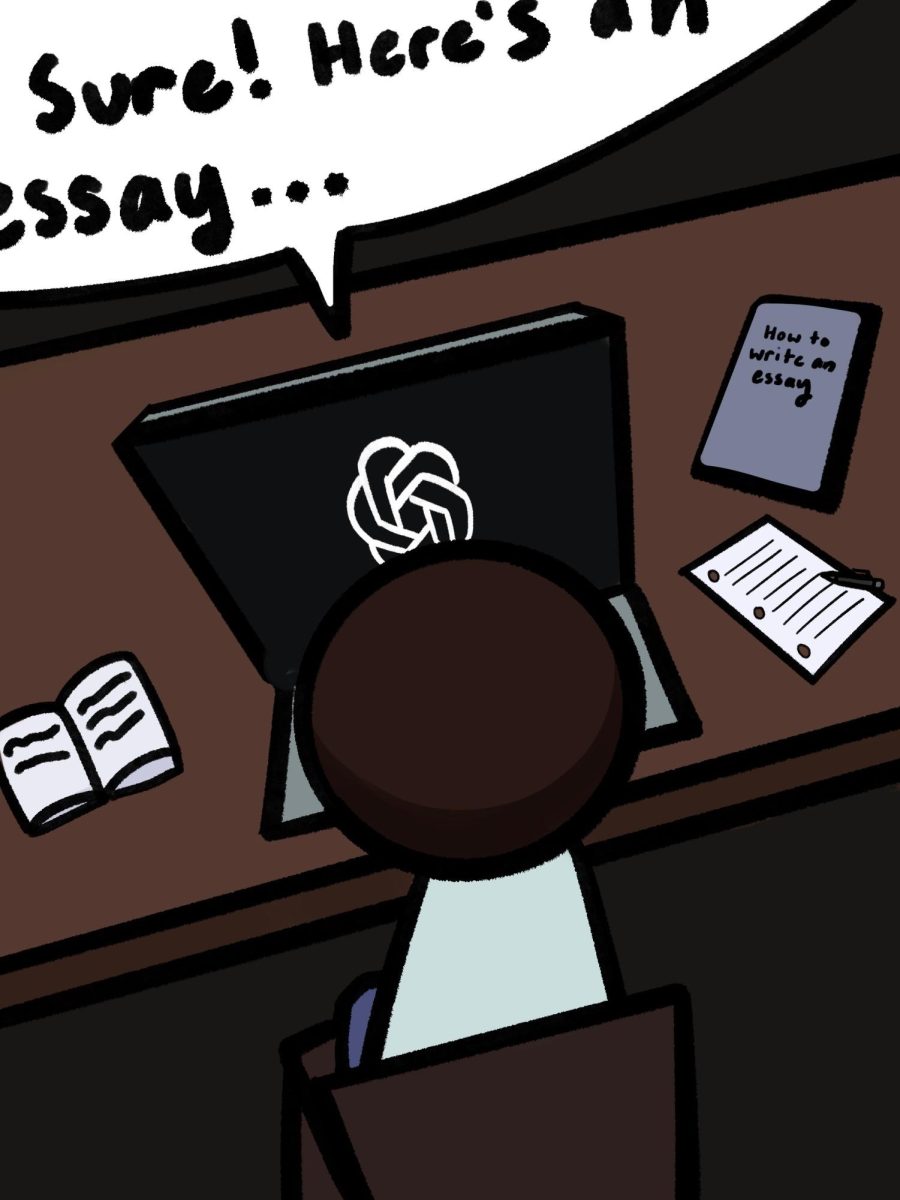
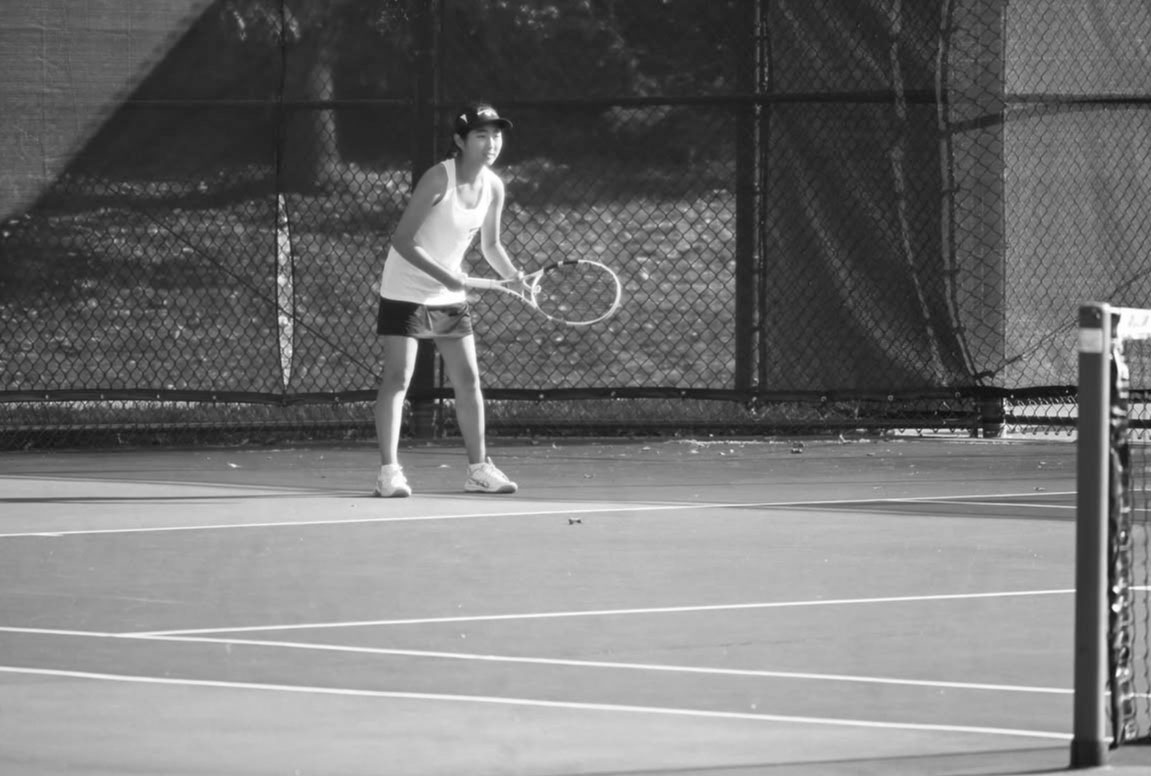

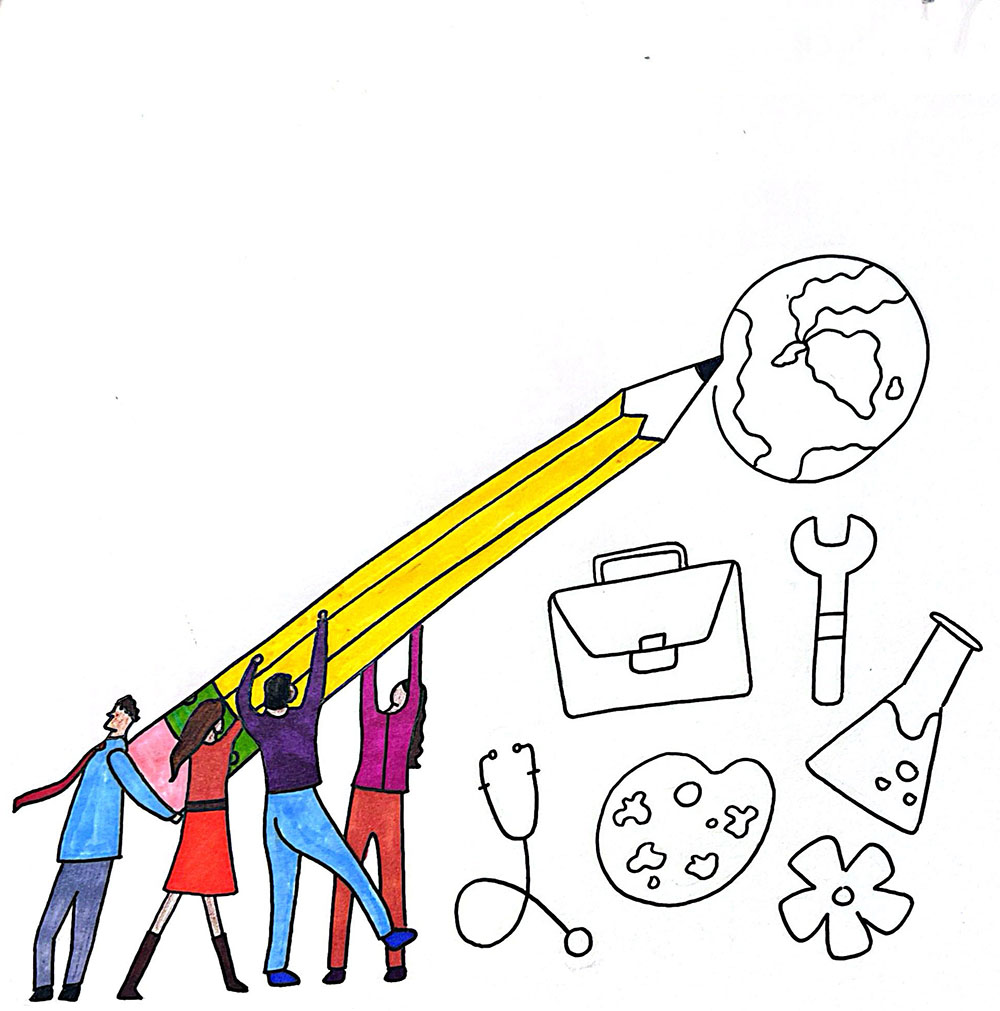
![“My parents have always said that education is important. My parents are Chinese immigrants, I'm Chinese American, [and that's a] value that has always been ingrained in our community,” said Senior Lyndia Zheng, pictured with Tony Zheng](https://bcomber.org/wp-content/uploads/2025/10/DSC_4244.jpg)